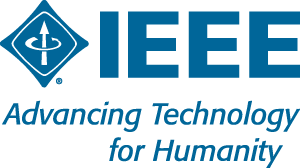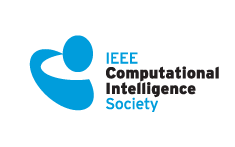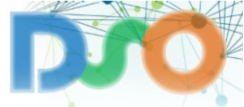
Invited Session on Automated Algorithm Design for Multi-objective Optimization Problems (IS-AAD-MOPs)
the 25th International Conference on Multiple Criteria Decision Making (MCDM 2019), Istanbul/ Turkey (June 16-21, 2019)
Call for Abstracts (Max. 4000 characters including spaces)
# Choose the subject area code IS05 (Cai, Misir, Ozcan)Algorithm design is a challenging task, in particular for solving computationally hard optimization problems, which would require expertise both on algorithm development and target problem domain. Due to the presence of immensely large design spaces, the design challenge becomes harder to deal with and time consuming no matter what the expertise level is. Besides that, the designed algorithms are doomed to be sub-optimal so while an algorithm performs well on a certain set of instances from a problem domain, it performs poorly on others. One way of addressing this issue is to design meta-algorithms, under Automated Algorithm Design (a.k.a. computer-aided algorithm design), for delivering high-level algorithmic solutions through selection, configuration and generation operating either Offline, i.e. prior to an instance is being solved, or Online, i.e. while an instance is being solved. Various automated algorithm design approaches have been successfully applied to a wide range of combinatorial optimization problems from academia and real-world, such as timetabling, scheduling, rostering, routing, cutting and packing.
In terms of selection (Algorithm Selection), the idea is to specify the best algorithm(s) for a given problem (~instance) so that the strengths of different algorithms have been combined rather than relying on a single algorithm. Regarding configuration (Algorithm Configuration), the goal is tuning or adaptively/dynamically controlling the parameters of an algorithm while generation (Algorithm Generation) is all about automatically producing algorithms from scratch based on predefined components.
The aim of this special session is to gather researchers and practitioners working on the automated algorithm design issues for Multi-objective Optimization to share their studies, experience and knowledge. The main topics of interest include (but are not limited to):
- hyper-heuristics for multi-objective optimization
- adaptive operator selection for multi-objective optimization
- parameter tuning/control for multi-objective algorithms
- algorithm/operator generation for multi-objective optimization
| Important Dates |
|
Organizers
- Dr. Xinye Cai
College of Computer Science and Technology, Nanjing Uni of Aeronautics and Astronautics, China
xinye@nuaa.edu.cn
- Dr. Mustafa Misir
College of Computer Science and Technology, Nanjing Uni of Aeronautics and Astronautics, China
mmisir@nuaa.edu.cn
- Dr. Ender Ozcan
School of Computer Science, University of Nottingham, UK
ender.ozcan@nottingham.ac.uk


